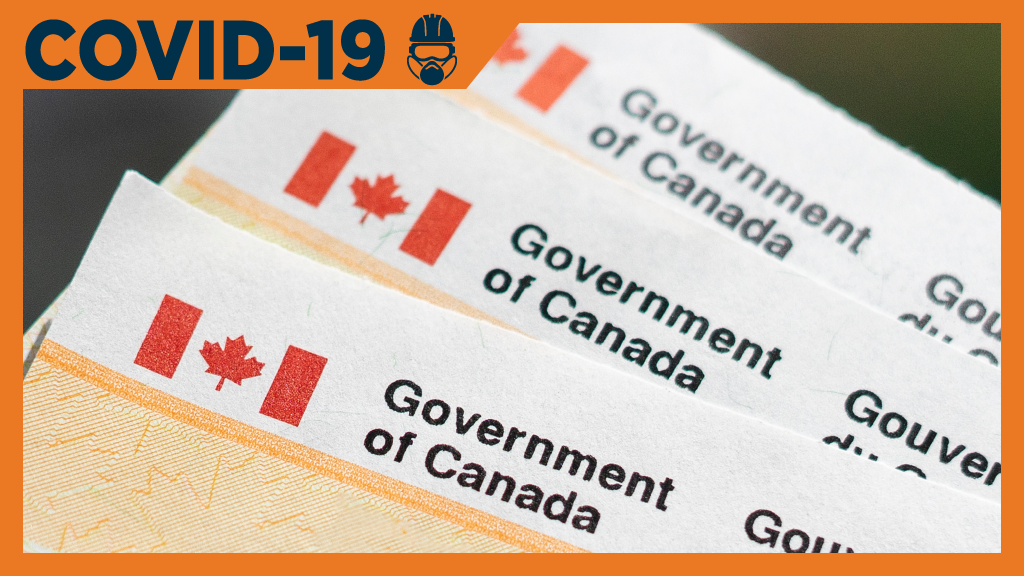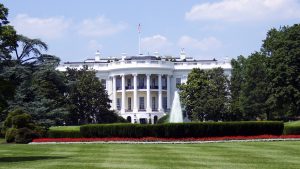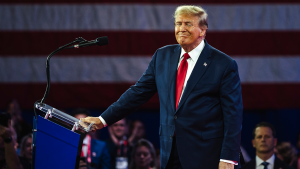The Canadian federal government has been spending money freely since mid-March 2020 to support workers who have become unemployed and businesses that have been shut down or had their operations restricted due to the COVID-19 pandemic.
The feds have been keeping the economic wolf from the door using a combination of fiscal policy — taxing and spending — and monetary policy – money supply and interest rates.
It has spent hundreds of billions of dollars on programs for individuals and families, such as the Canada Emergency Response Benefit, persons with disabilities, and businesses (Canada Emergency Wage Subsidy)
These expenditures are being financed by the government selling its bonds on the open market and by the Bank of Canada buying government bonds with cash.
Can the government afford to keep spending? And, if it can, should it?
Most economists say “no” to both questions.
“If we keep on racking up debt, others will start to notice and investors at some point could become unwilling to buy our government’s bonds,” said Alex Carrick, chief economist at ConstructConnect. “That could drive down the value of our currency compared to other country’s currencies.
And that, in turn, will drive up the prices of the goods we import, including building supplies purchased by the construction industry.”
Jack Mintz, president’s fellow of the University of Calgary’s School of Public Policy, says if government keeps spending and running up debt the way it has, Canada will become a high-indebted nation.
“We were able to withstand the 2008-9 Great Recession, after the financial markets crashed, because our balance sheet going into it was in good shape,” said Mintz. “But that isn’t the case today. We already have a lot of corporate, provincial and household deb. That makes investors nervous.”
Investors will buy Canadian bonds now, but they could get nervous and stop buying them, as they did in the mid-1990s. “We could end up in serious trouble,” said Mintz.
Furthermore, the federal government hasn’t said if or when it will either cut back on spending or increase revenues by raising taxes.
“Will the supposedly temporary spending to support the economy become long-term programs, as the government has hinted?” said Mintz. “Politics has sometimes trumped policy in the government’s response to the pandemic.”
The governments needs to exercise more discipline, he says.
“Don’t be unfair to our children and grandchildren by saddling them with paying for our consumption today,” Mintz said.
Ewald Boschmann, a former Manitoba Deputy Minister of Finance, is of similar mind as Mintz.
“Continued government spending is not without consequences, including some that are unforeseen,” said Boschmann. “For one thing, the share of economic activity dependent on federal payments will increase substantially.
If the constraints on much of private production aren’t lifted, I think we may see a self-re-enforcing cycle where the federal government becomes a growing part of the economy.”
This could affect the construction industry, Boschmann says.
“At first it might mean a lot of extra work, perhaps more than it could handle,” he said. “But the industry should bear in mind that most public infrastructure projects are contracted by provinces and municipalities. Because they don’t have their own currencies and central banks, they will not be able to spend without limit.”
Nevertheless, Boschmann says, it seems likely that, between more federal funding and “the to-be supercharged infrastructure bank” there will be more activity.
“If this time is really different, with all the free money out there, then less competition for each project means we can expect the bids to come in higher than otherwise as in any boom period,” he said.
Although most economists agree with Carrick, Mintz and Boschmann,
others believe that, for countries, such as Canada, which have their own sovereign currency, any government spending can be paid for by creating more money.
This group of economists, who support an emerging school of thought called Modern Monetary Theory (MMT), say government spending shouldn’t be determined by deficit levels, but by whether or not spending is keeping the economy at full employment.
“There are economic problems since the 2008-09 Great Recession that conventional macroeconomic policy hasn’t been able to solve, such as growing inequality and sluggish growth,” said Farah Omran, a policy analyst at C.D. Howe Institute.
Because MMT is new and still poorly understood, Omran and a C.D. Howe colleague are writing a paper on its possible applicability to a country with a large open economy, like Canada.
“MMT might be better for a country like the US, which doesn’t have as large a foreign trade sector and whose dollar is a reserve currency, which helps keep it stable,” said Omran.











Recent Comments
comments for this post are closed